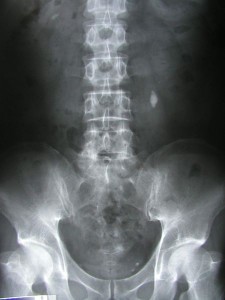How to treat nephritis
Nephritis is known as an inflammatory disease of the human’s kidneys, usually having bilateral origin, with the defeat of the renal glomeruli inside tubules and calyces, and pelvis.
By nature, depending on the cause and nature of the disease, the localization of the inflammatory process is to distinguish the following types being somewhat common amongst Doc. i.e. glomerulonephritis, pyelonephritis, interstitial, hereditary and radiation nephritis.
Glomerulonephritis is a kind of an inflammatory disease of sort of autoimmune origin obtained predominantly affecting in terms of renal glomerulus to a lesser extent tubules. Patients have to experience needle biopsy finds on defeat of up to 80-100% of the glomeruli to increase in size, narrowing of their lumen, and others, while their minimum damage can be detected only by electron microscopy.
Interstitial nephritis is to illuminate as inflammation of the kidneys, which is the defeat of the interstitial tissue and renal tubules and disruption of the functioning of the kidneys. The above mentioned disease is being caused by infections like purulent character virus rubella by chicken pox etc., antigens banal bacterial flora, vaccination, toxic drugs. Sometimes it develops after prolonged usage of antibiotics.
The clinically proved case of acute forms of the disease appears rapidly in terms of patient complains for pain in the abdomen and lower back being upset within his/her chair. Perhaps, the raise of the temperature to 39-40 C °is the point of appearance towards skin rash. Blood test reveals leukocytosis urine is haematuria. The chronic form is characterized by slowly progressive tubular disorders, the concentration of kidney function and loss in the urine of a number of useful body substances. In the urinary sediment show a lot of white blood cells, there may be blood.

The emergence of hereditary forms of kidney disease has to be genetically predetermined as so often diagnosed in several family members. It used to be most often seen in the childhood. In addition to a typical symptom of kidney disease is likely crop up in patient’s with hearing loss may occur, improper development of the iris, lens, a high degree of myopia, etc. Treatment includes restorative activities, addressing the factors that exacerbate the disease.
In radiation nephritis kidney damage occurs as a result of external or internal radiation exposure. For this form of disease characterized by hypertension, anemia, microhematuria, edema, enlarged kidneys, swelling, there is renal tubular damage or atrophy. Treatment is directed at reducing blood pressure, improved renal blood flow, stimulation of restorative processes.
Posted in Genitals and Urine